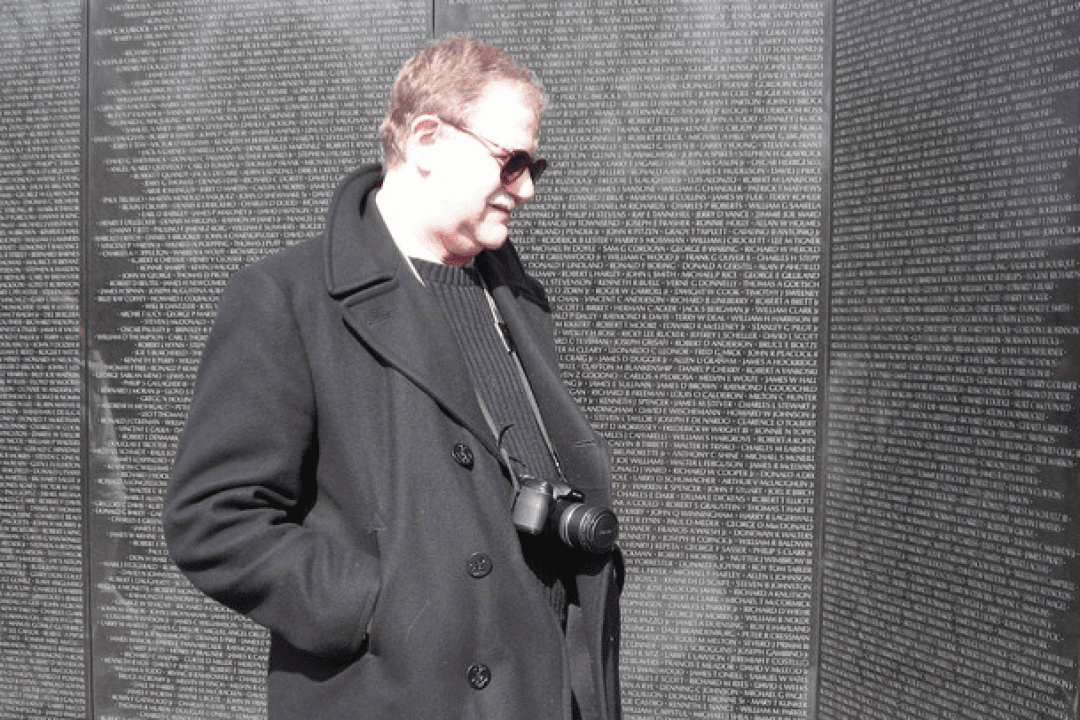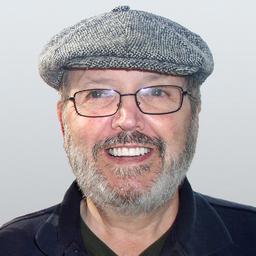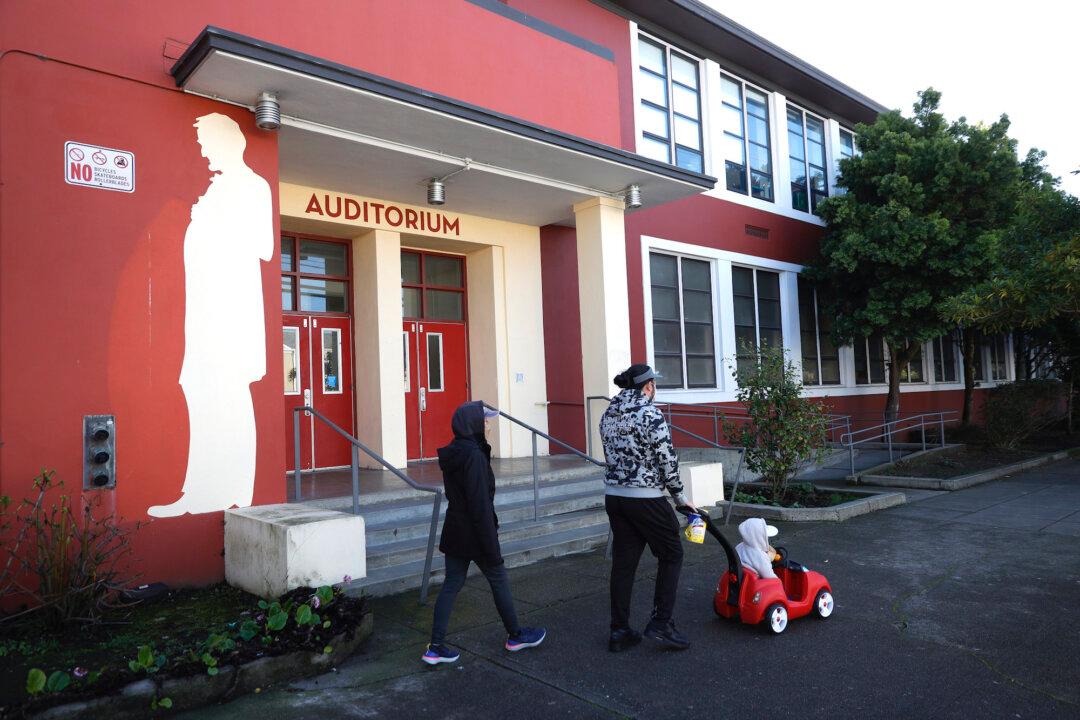The adage that experience is the best teacher has a profound meaning for Southern Californian Marc Phillip Yablonka, who found his passion for writing by accident.
The military journalist, author, and retired educator came across this lesson at the start of his unexpected 36-year run as an instructor of ESL (English as a second language) in adult education with the Los Angeles Unified School District.





